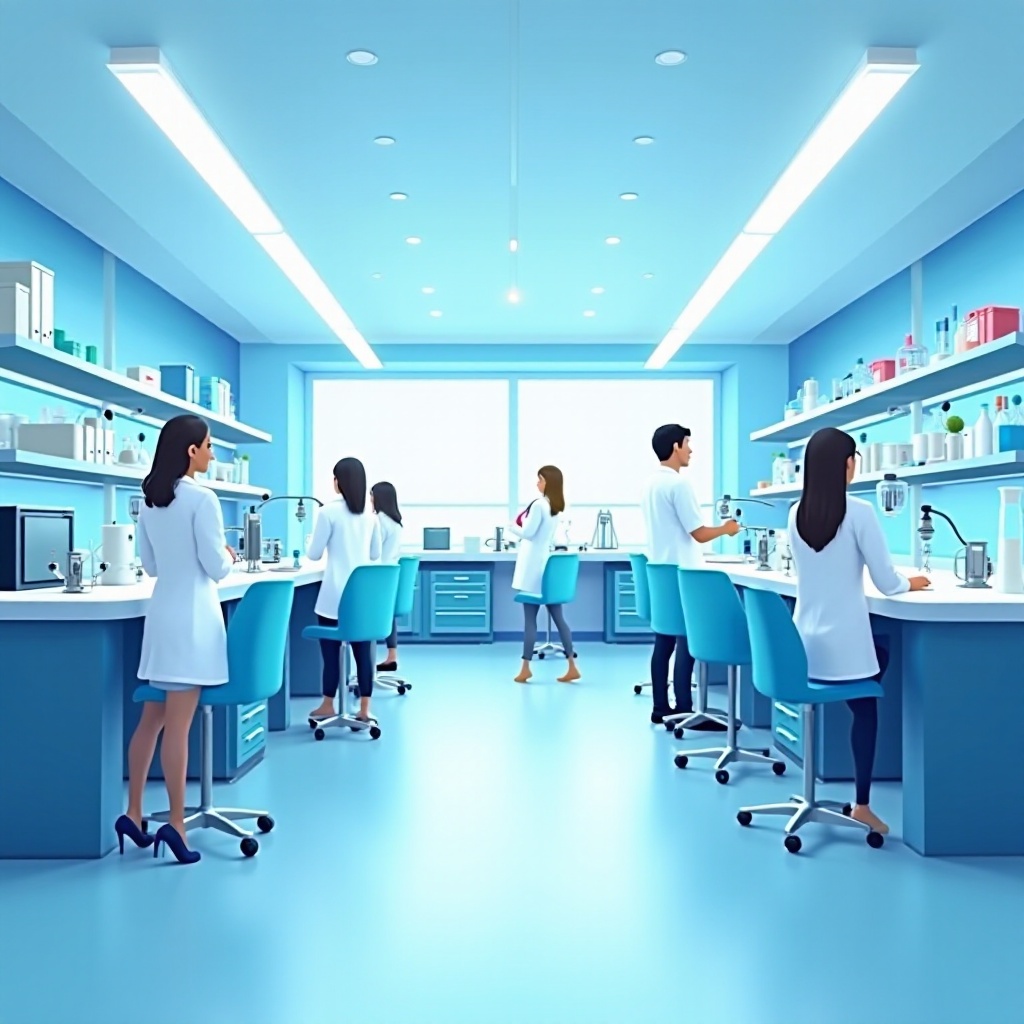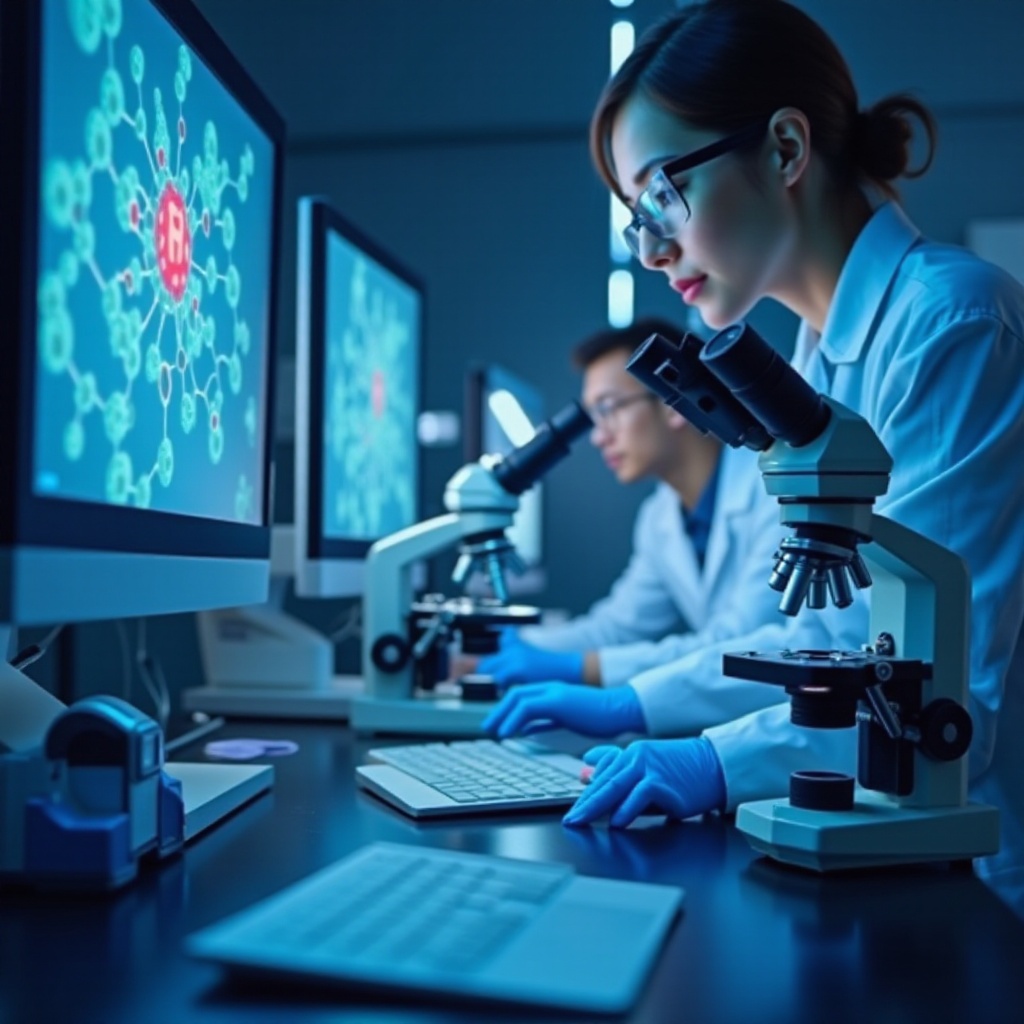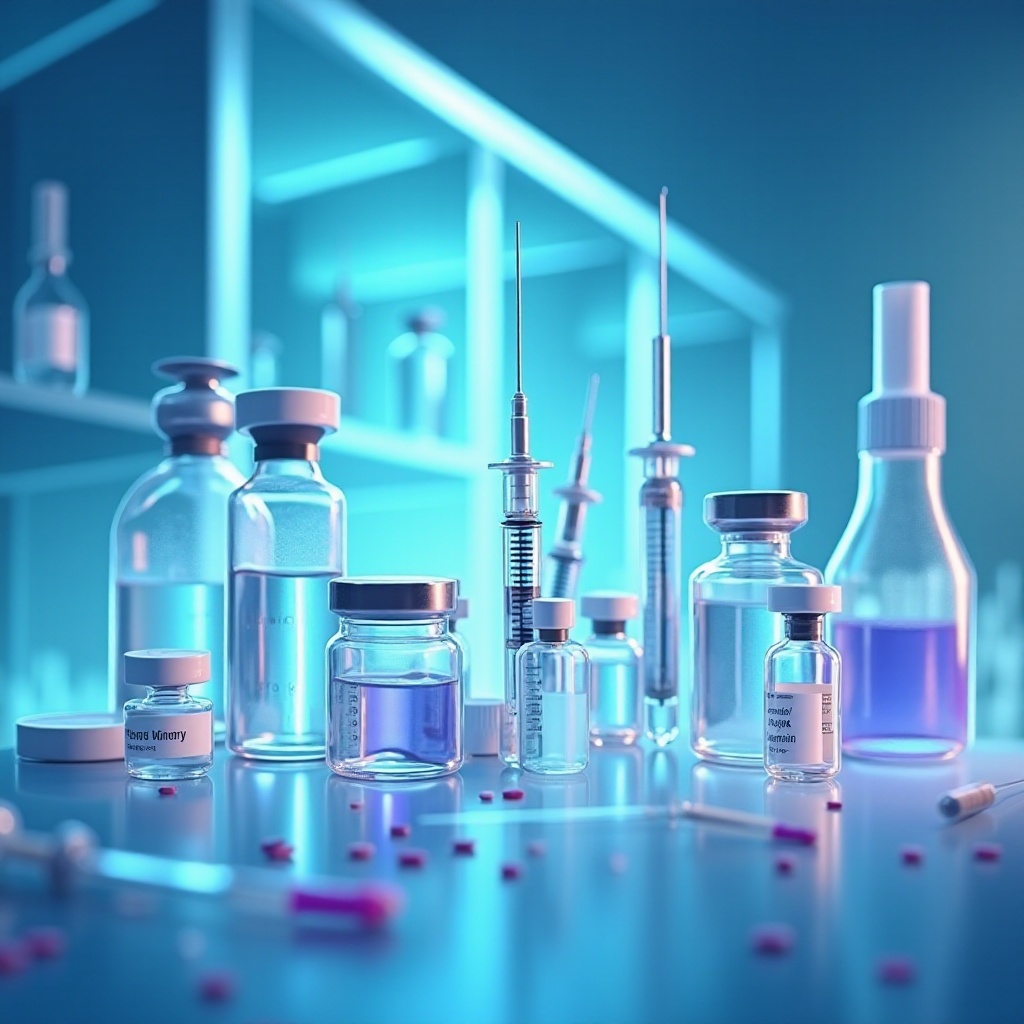Introduction
Biotherapeutics, known as biologic therapies, are groundbreaking treatments involving biological sources like proteins, cells, and tissues. These therapies target diseases at a molecular level, providing innovative solutions where traditional treatments may not suffice. Biotherapeutics are essential in the modern medical landscape, offering hope for the treatment of complex diseases.

Understanding Biotherapeutics
Biotherapeutics leverage living organisms or their components to develop medical treatments. Unlike chemically synthesized conventional drugs, these therapies arise from biotechnological processes—cultivating microorganisms, plants, or animal cells. They include molecules like proteins, peptides, and monoclonal antibodies. This specialization allows for precise targeting of disease mechanisms, enabling more personalized treatment strategies that improve patient outcomes.

Types of Biotherapeutic Products
Different types of biotherapeutic products cater to a wide array of medical needs:
– Monoclonal Antibodies: These substances mimic the immune system to fight pathogens by targeting specific antigens.
– Recombinant Proteins: Engineered through recombinant DNA technology, these proteins treat conditions like diabetes by replacing malfunctioning ones.
– Gene Therapies: By altering patient genes, these therapies aim to treat or prevent diseases at their genetic root, showing promise for hereditary illness cures.

Applications of Biotherapeutics in Healthcare
The use of biotherapeutics is widespread across various healthcare sectors:
– Cancer Treatment: In oncology, biotherapeutics introduce targeted interventions like monoclonal antibodies and CAR-T cell therapy to specifically eradicate cancer cells.
– Autoimmune Diseases: Conditions such as rheumatoid arthritis benefit from biotherapies which modulate the immune system with precision.
– Rare Genetic Disorders: Gene and protein therapies create new possibilities for disorders previously deemed untreatable.
Biotherapeutic applications demonstrate immense potential in redefining disease management, transitioning smoothly from tackling cancer to addressing autoimmune disorders with precision.
Advantages of Biotherapeutics Over Traditional Therapies
Biotherapeutics possess unique advantages that distinguish them from conventional treatments. Their ability to provide targeted action minimizes side effects, making them suitable for personalized medicine approaches. Targeting specific disease mechanisms at the molecular level improves efficacy and offers long-term disease management solutions. As such, biotherapeutics are appealing to both patients and healthcare providers, enhancing the quality of life and reducing the treatment burden.
Challenges and Considerations in Biotherapeutics
Despite their many advantages, biotherapeutics face obstacles. Manufacturing these complex molecules requires sophisticated technology and careful quality control, leading to higher production costs. Regulatory processes are stringent to ensure safety and efficacy, often resulting in longer development periods. Moreover, logistical challenges in storage, distribution, and administration remain concerns worldwide. Addressing these challenges is vital to realize the full potential of biotherapeutics in healthcare delivery.
Biotherapeutics continue to face hurdles, connecting their promising advantages with the challenges of manufacture and regulation.
The Future of Biotherapeutics
The future of biotherapeutics promises further integration into the healthcare system:
– Innovations and Emerging Technologies: Continued research, including CRISPR, mRNA vaccines, and synthetic biology innovations, expands biotherapeutics’ reach.
– Predictive Analytics and AI: These technologies enhance drug discovery, design, and optimization, leading to personalized and efficient treatments.
– Global Healthcare Impact: Biotherapeutics provide opportunities to address healthcare disparities, significantly improving health outcomes worldwide.
As science and technology evolve, biotherapeutics are uniquely positioned to transform disease management through personalized, accessible, and effective healthcare solutions.
Conclusion
Biotherapeutics are ushering in a new era for medicine, bridging the gap between innovative science and practical healthcare solutions. By focusing on disease mechanisms with precision, these therapies offer hope where traditional treatments might fail. The challenges notwithstanding, biotherapeutics continue to evolve, driven by scientific advancements and global collaboration, promising a brighter future in healthcare.
Frequently Asked Questions
What distinguishes biotherapeutics from conventional pharmaceuticals?
Biotherapeutics are derived from living organisms, offering targeted treatments, whereas conventional drugs are chemically synthesized.
How safe are biotherapeutic treatments?
Biotherapeutics undergo rigorous testing and regulatory processes to ensure safety and efficacy, though monitoring of side effects is essential.
What are the potential future developments in biotherapeutics?
Future advancements include gene editing, synthetic biology, and personalized medicine, enhancing treatment effectiveness and accessibility.
